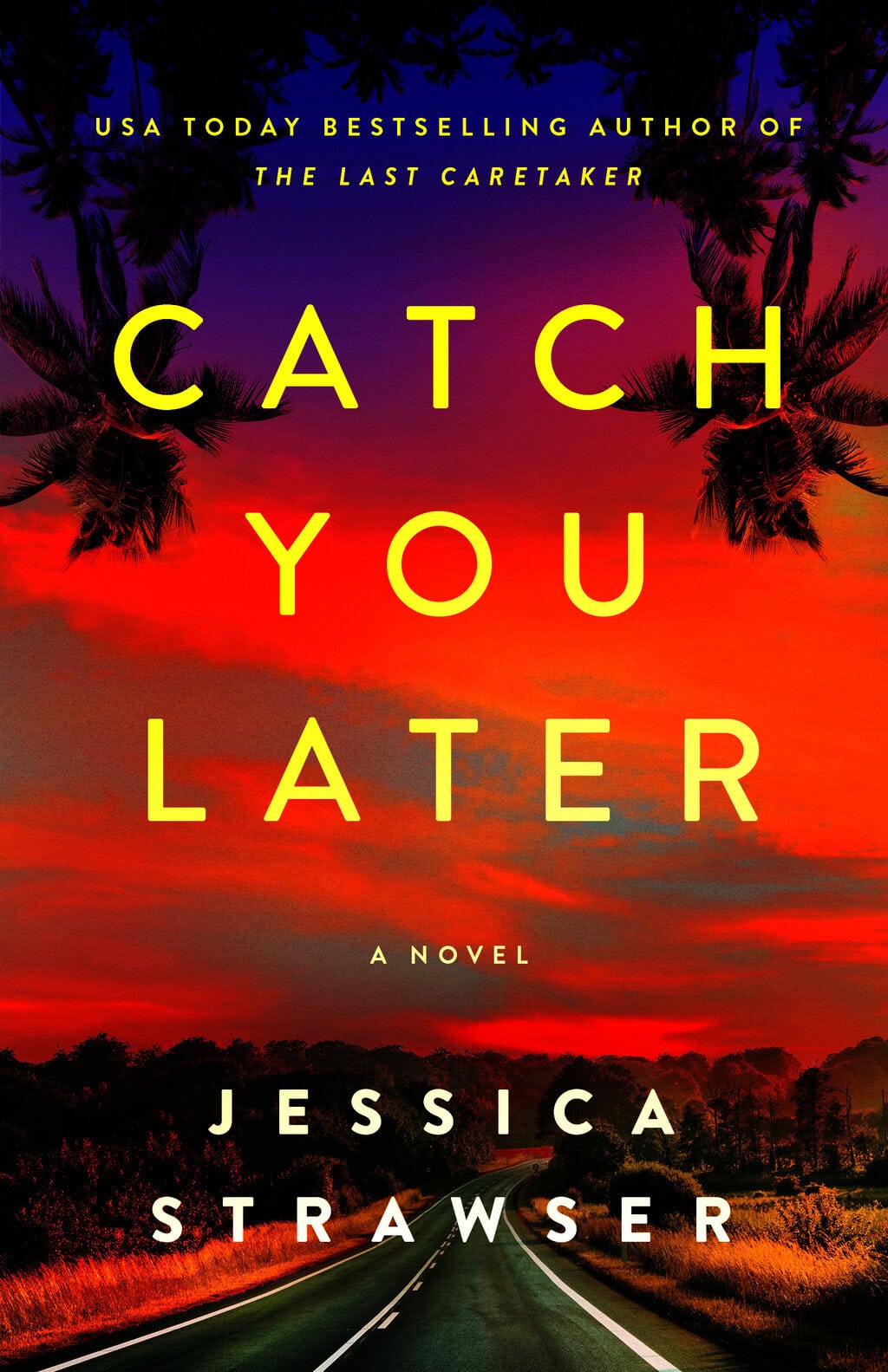You’ve been saying it for years: you want to write a novel. You have a great idea or maybe great swaths of its plot are already laid out in your head. Perhaps on CareerAuthors you read and enjoy articles on craft. If only you could … start.
You can! All you need is a chair, a computer, a notebook, a timer and a metaphorical clothespin. (What’s that? More on that later.) Ready to commit? Here’s what to do:
One: Make a plan
Make yourself a hot cup of something, sit down and decide how much writing you can accomplish each day. Choose whether you will aim for a certain amount of time working every day or if you pledge to reach a daily designated word count.
Working to time might mean writing one hour per day. Or perhaps three 20-minute blocks with five-minute breaks. Or more time—it’s up to you. Working to word count might mean a goal of writing 500 words each day. Or how about 1,000…or 3,000? Word count goals work best for most writers, as it guarantees forward movement.
But working to time is better for others, and especially those with only stolen hours to write. Experiment to find your best way. You may only have an hour. Make the most of it. If working to time, keep track of your word count and aim to raise your totals as you progress.
Create a modest goal. Better to hit a modest goal reliably than to aim too high and fail.
Once you determine your goal, write it down.
HINT: Try out the same daily writing goal for at least one week to get a real feel for how it works for you. Adjust as needed.
Two: The starting gate
Turn off all social media. All of it. If you can, disconnect from the Internet. If you cannot, don’t force yourself to lose energy fighting these urges. Just put time-wasting devices out of reach. You may protest: “I can’t turn off the Internet, I need to research.” But no. Read on.
HINT: If going offline isn’t possible, there are apps you can set to prohibit hitting Facebook or similar time-wasters, among them Freedom, Cold Turkey Blocker, Mindful Browsing, Self Control.
Three: Set-up
Create four documents. These might be saved on your computer or written in a physical notebook. Label these documents NOVEL, RESEARCH, BOOK NOTES and DO LATER.
HINT: I keep the first three on my computer and DO LATER in a paper notebook at my side.
Four: And you’re off!
Begin in your NOVEL file. The goal is to fill this with your daily word count. You are now writing your junk first draft, which you will revise later. Perfection is not the goal. Getting words from your head to the page is—as fast and as many as you can. Your daily word count tally should only include what’s in this file.
Don’t get up from your chair until you’ve completed your daily word count or designated work time.
Your inner critic will entreat you to stop. This voice may be subtle and insidious or loud and furious. It will seem to be speaking the truth, and its goal is to get you to stop. Reply to this inner critic that while theirs is a wonderful idea, and probably true, you’ll consider it later, after your 500 words (…or one hour, or whatever you’ve planned). Do not say NO to your critic; that’s like waving a red flag in front of a bull. Say “Yes… but later…” Keep putting down words. You may have to fight this battle many, many times.
Five: One foot in front of the other
Keep your hand typing and brain-dump into NOVEL file. Until you reach your goal, write without stopping—except to note things quickly and briefly in the other files. Write even if you don’t know what to write. Write at speed. Improvise if you don’t know. It’s all good. If writing to word count, the same count may take you 30 minutes one day and three hours the next. That’s okay. It’s not a race.
Aim for your target. However, only the words in the NOVEL file count toward your daily word count goal.
Spend 95 percent of your designated writing time working in the NOVEL file.
Six: But … life
Deal with distractions like a pro. As you are writing, a million non-writing “To-do” list items will pop into your head. Things you don’t want to forget, like “Call Mom” or “Foment political unrest.”
This is what your DO LATER file is for. When these thoughts intrude, just jot down a quick note in there, then return to NOVEL.
Research questions will inevitably come up. (“When did electric lights come to Brighton?”) Note these questions in your RESEARCH file and return to NOVEL.
Questions or second thoughts about the characters or the plot may arise—things like “Tell about his father before this scene.” Jot these down in your BOOK NOTES file and return to NOVEL.
Sometimes I’ll make a quick note right in the story: “More info on his childhood here.” However, it’s preferable to have notes and comments like this listed together in BOOK NOTES, as you can create a punch list of stuff to fix or add later.
Seven: But it’s terrible
You’ll also need to deal with self doubt like a pro. Even pros with many books published can lose confidence when writing. The pros write on nevertheless. You know what to say to your inner critic. But the self-doubt may persist.
Here’s where the metaphorical clothespin comes in. When you don’t know what to write next, make something up. Return to NOVEL.
When you run dry, write an utterly stupid version of what might come next that you can fix later. Return to NOVEL.
When what you’re writing absolutely, undoubtedly, resoundingly stinks, give yourself permission to write even worse dreck. It’s only a first draft, so who cares? All first drafts are dreck.
Put the metaphorical clothespin on your nose. It stinks but you’ve stopped smelling it, so don’t stop writing. In your NOVEL file, press on.
HINT: Relax. Almost everyone thinks their stuff stinks—some of us think that most of the time. Get me that clothespin!
Trust this process.
Later you may be pleasantly surprised and even find nuggets of gold when you go back to reread these efforts. Learning to write multiple drafts is the mark of a pro.
Eight: Meet your goal
Finish your word count or time goal for the day. Remove clothespin and pat self on back. Maintain your writing schedule six out of seven days a week.
HINT: Reading about writing and thinking about writing and journaling about writing your novel is not writing your novel. Slinging words into that NOVEL file is writing.
Build a pattern of success by hitting your daily, modest goal.
A final word: What if that day’s work doesn’t seem like enough? Some days you just want to keep on writing, long past your word count or time. Some writing coaches advise quitting once you reach your goal. I don’t. I say ride with your enthusiasm and energy. But the counter resets to zero the next day—no matter what you did the day before.
If you’re consistently writing more than you planned, consider, after a week or so, revising your goal upwards slightly—only slightly. Likewise, if you can’t consistently make 500 words, write 350 daily. Remember, hitting that goal consistently is the most important thing.
If this sounds onerous or too rigid, it may be time to reframe your thinking. Choosing to write is a gift to yourself. It’s not homework. It’s not an albatross. It’s a truly wonderful gift.
What’s holding you back? Or, if you’ve overcome writing-block obstacles, how’d you do it? Share with us on Facebook.
 The author of the Sherlock Holmes adventures, The Three Locks, The Devil’s Due, Art in the Blood, and Unquiet Spirits, Bonnie MacBird is a produced screenwriter and playwright, as well as an accomplished stage actor and writing teacher. She holds degrees from Stanford in music and film, and when she’s not writing Sherlock Holmes adventures, she moonlights as a theatre director and audiobook reader. She divides her time between Los Angeles and London. Visit Bonnie at www.macbird.com
The author of the Sherlock Holmes adventures, The Three Locks, The Devil’s Due, Art in the Blood, and Unquiet Spirits, Bonnie MacBird is a produced screenwriter and playwright, as well as an accomplished stage actor and writing teacher. She holds degrees from Stanford in music and film, and when she’s not writing Sherlock Holmes adventures, she moonlights as a theatre director and audiobook reader. She divides her time between Los Angeles and London. Visit Bonnie at www.macbird.com





